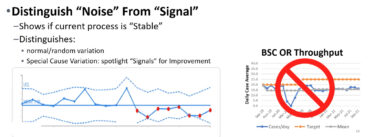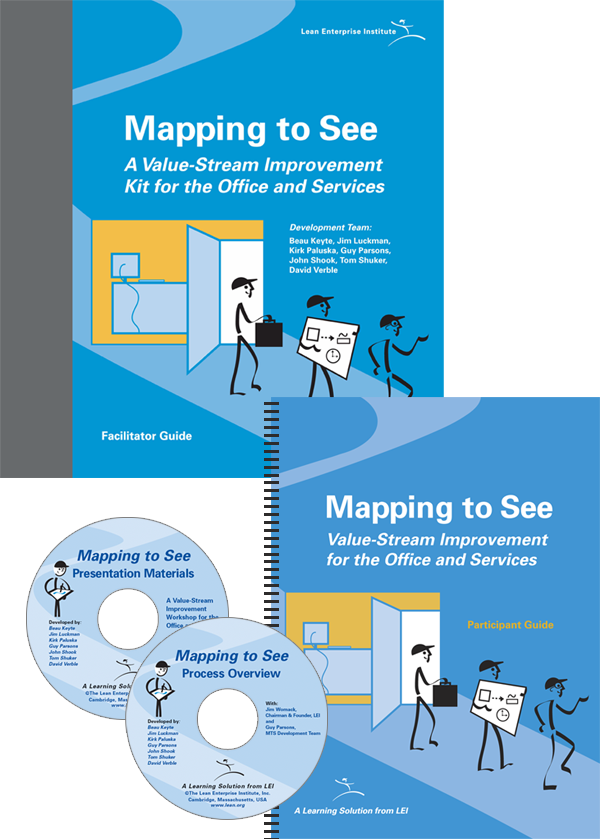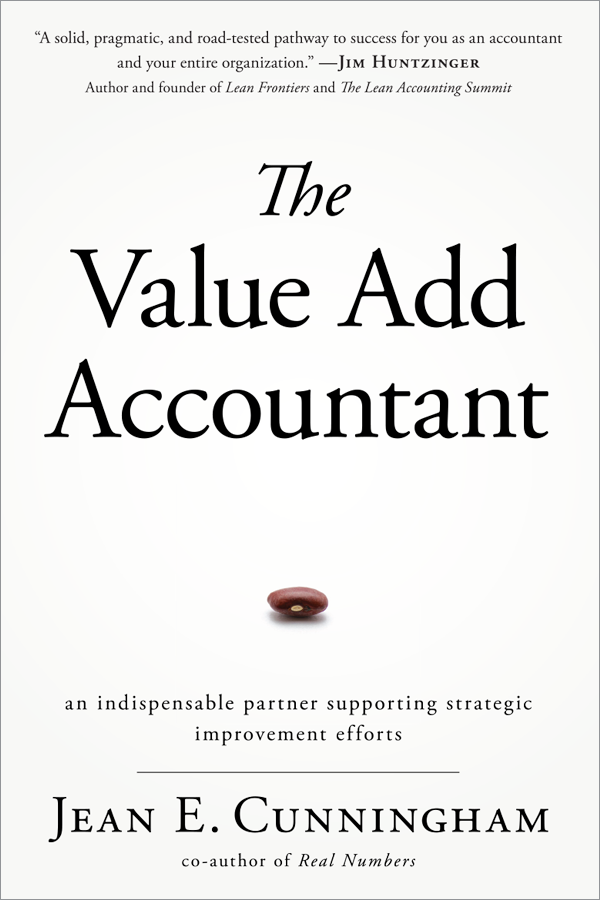Continuous process improvement (CPI) has been a familiar term within many portions of the government for decades. Similar to most CPI efforts; the approaches, lessons learned, failures, and successes vary between agencies and across the country. From their organizational structures to their allotted resources, the very nature of government agencies can inhibit their lean transformation efforts. Yet there are many lean leaders in government doing small pockets of great things within their own departments, and agencies. Many of these CPI efforts are driven by internal “volunteers” that have a passion for trying to make things better. This passion and change-agent role that they play is above and beyond their “regular” job. While some have been able to overcome a number of barriers, others have not been as fortunate. The good news is; they are beginning to share their stories and lessons learned with each other through a variety of informal and formal avenues such as communities of practice (CoP), government conferences, and other networking activities.
Over the past few years, we have seen an upward trend in the number of government agencies and states beginning to explore and practice the “true” meaning of lean and lean transformation. In some cases, mayors, governors and other senior leaders are fully supporting and engaging people to lead these efforts across their respective areas. Additionally, they are creating the infrastructure necessary to help drive this lean transformation. Lean can be applied in legislative, executive, and judicial branches of government, and over 60% of the states in the United States are proclaiming use of lean methodologies and practices within agencies. Specific examples can be found on the internet for the states of Arizona, Colorado, Connecticut, Delaware, Florida, Illinois, Michigan, New Hampshire, Ohio, Vermont, Washington, Wisconsin, and the list goes on. Likewise, federal agencies such as the Environmental Protection Agency, the Office of Personnel Management, the Veterans Administration, and the Department of Defense (amongst others) are spreading lean thinking and practice across the country and the globe in a variety of ways.
Creating a structure for inter-agency networking is a great opportunity for lean practitioners within the government. After all, who better to talk about implementing lean in government than those who’ve actually seen it happen? The EPA’s lean continuum and the Federal Improvement Team (FIT) are just two examples of infrastructures that are in place to enable continuous sharing and learning of lean in government. This idea of government networking to share lean knowledge is beginning to grow. Here are three reasons why inter-agency networking can help support lean efforts and potentially overcome some of the unique barriers to creating a lean culture within the government sector:
1. It connects us with relevant best practices
People naturally like connecting with others who are “sharing their pain”, can talk the same language, and have experienced similar problems or, even better, have figured out ways to overcome the problems. Creating an environment whereby people across the government continuum can share the difficulties they face amongst each other along with success stories helps them to network a variety of possibilities they can try within their own areas rather than recreating the wheel. The difficult nature of lean initiatives in the government means that lean leaders there are not alone in their trials and tribulations. A networking forum is a great environment for people to exchange problems and solutions with like-minded individuals.
2. It’s free
Public-sector agencies don’t always have the resources a private-sector organization has and as such they may not be able to afford the same external lean consultants to execute a transformation. But, there’s another great source of lean knowledge close at hand, and it doesn’t cost a dime: internal government lean leaders. With so many backgrounds and specialties out there, the amount of tips, insights, and observations that could be shared between agencies in a networking forum is almost beyond compare.
3. It’s private
My lean contacts in the government often air their grievances about how confidentiality concerns prevent them from expanding their networking efforts. Government may be a “public” sector, but the nature and scope of its operations are not always something that employees should be discussing openly at civilian lean forums. Limiting lean networking and information-sharing to be within government agencies mitigates the risk of accidental confidentiality breaches. While there are a lot of lessons learned that can be shared from the civilian-organized lean forums, they are not the only way to get information that solves government-specific problems.
There are a growing number of government-specific events, conferences and communities of practice that can serve as wonderful avenues of learning, sharing of information, and resources. Have you ever been to one that helped you overcome your lean hurdles? Or do you know of other networks that lean leaders in government might be interested in? Let us know by sharing a comment on this post or sending an email – we’d love to hear what else is out there and help share your stories.





